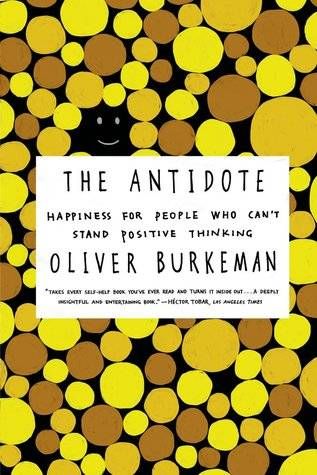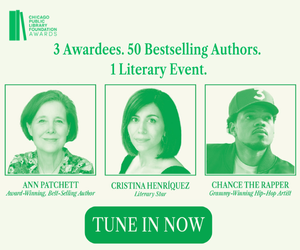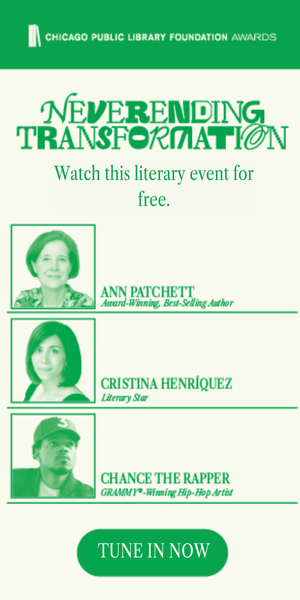
Happiness For People Who Can’t Stand Positive Thinking

Positive psychology is enduring a backlash. (Imagine my glee; I teepee my fingers like a Bond anti-hero and smile a blank-eyed lizardish smile.) See? I don’t have to try to be happy, employing a complicated system of ropes and pulleys to pull my lips into a smile. It turns out some scientists are saying it isn’t as good for you as they thought.
Positive psychology, goal setting, affirmations, posters with eagles soaring effortlessly over canyons with the word “Succeed” are not a sure thing, a guarantee to improve your pep like a Scooby snack, or a Flintstone vitamin.
Ruh-roh.
But this is where it gets interesting. In the murky gray area between elation and despair, panic and peace, where most of us live anyway, if we’re being honest as we hail cabs and fail to get one, or worse, or better circumstances befall us. Burkeman makes the case for the best life as detachment from any desired state, citing examples from the ancient Greek Stoic philosophers to the modern much studied “grounded-groundedlessness” of Tibetan monks and cognitive behavioral psychology, which draws a straight line from Shakespeare’s Hamlet, “There is nothing either good or bad but thinking makes it so.”
The real work is not in striving to Have A Great Day but in being able to dance even clumsily with uncertainty. He quotes Lao-Tzu, “A good traveler has no fixed plans, and is not intent upon arriving.”
_________________________
Sign up for our newsletter to have the best of Book Riot delivered straight to your inbox every week. No spam. We promise.
To keep up with Book Riot on a daily basis, follow us on Twitter, like us on Facebook, , and subscribe to the Book Riot podcast in iTunes or via RSS. So much bookish goodness–all day, every day.










